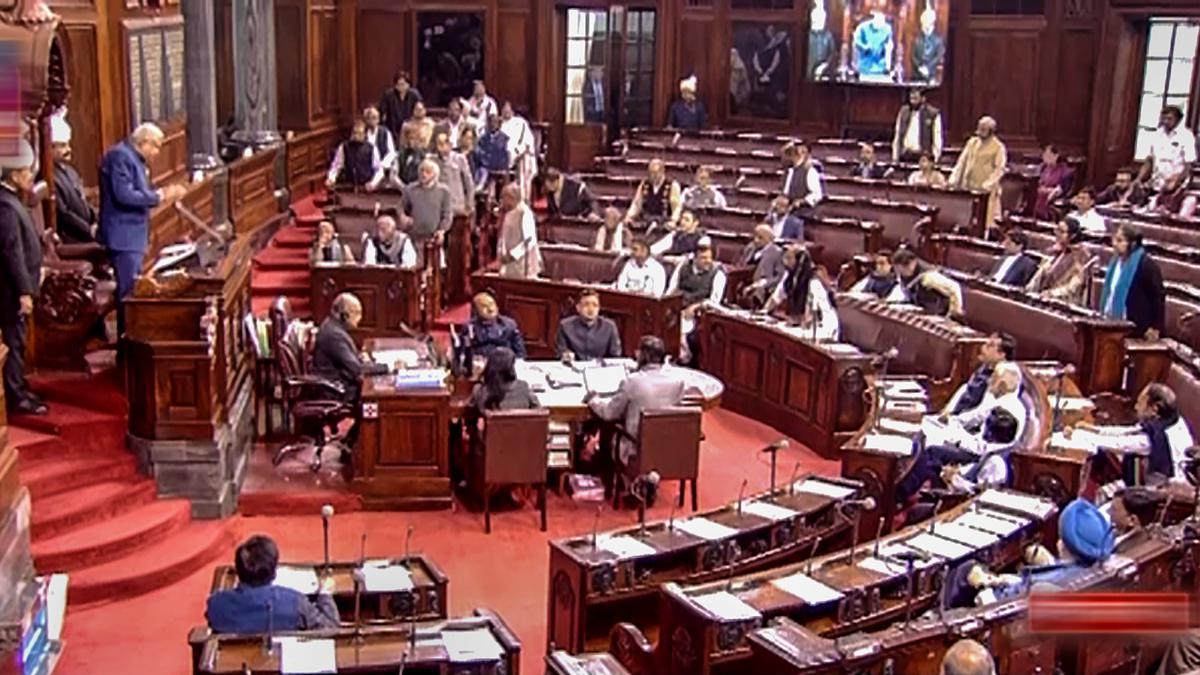- There were disagreements between the government and opposition parties during the present Monsoon Session of Parliament, which resulted in complaints against two MPs.
- The Privileges Committee was notified of these allegations.

What is the definition of Parliamentary Privilege?
- Parliamentary privilege refers to the rights and immunities enjoyed by parliamentarians when performing legislative duties.
- MPs/MLAs are immune from civil or criminal liability for actions or words made while carrying out their legislative duties.
- Article 105 enshrines the powers, privileges, and immunities of both Houses of the Indian Parliament and their members, whereas Article 194 deals with State Legislatures.
Recognising Privilege Motion
- Breach of Privilege: Any violation of rights and immunities is considered a breach of privilege and is punishable under parliamentary law.
- Any member of either House may move a motion in the form of a notice against those found guilty of a breach of privilege.
- Contempt activities: The Houses also have the jurisdiction to punish activities that are not specifically violations of privilege but are violations of their authority and dignity.
Examples of Privilege Notices
- Indira Gandhi was removed from the Lok Sabha in 1978 for delaying government personnel from gathering information for a question on Maruti.
- Expulsion of Subramanian Swamy (1976): Subramanian Swamy faced expulsion from the Rajya Sabha for participating in interviews deemed to be “anti-India propaganda.”
- Cash for Query controversy (2005): Eleven “tainted” MPs were expelled from the Lok Sabha as a result of the cash for query controversy.
Privilege Regulations
- Privilege is governed by Rule No. 222 in Chapter 20 of the Lok Sabha Rule Book.
- Rajya Sabha: Privilege is addressed under Rule 187 of Chapter 16 of the Rajya Sabha rules.
- Notification Scope: The notification must pertain to a recent incident that necessitated the intervention of the House.
- Notices must be delivered to the Speaker or Chairperson before 10 a.m.
Examination of the Speaker/Rajya Sabha Chairperson:
- The first level of examination for a privilege motion is the Speaker/RS Chairperson.
- Making a Decision: They have the option of deciding on the privilege motion themselves or referring it to the Privileges Committee.
- If consent is granted under Rule 222, the member involved is given the chance to make a brief remark.
Concerning the Privileges Committee Composition:
- In the Lok Sabha, the Speaker appoints a 15-member Privileges Committee based on relative party strengths.
- Report Presentation: The Committee submits a report for consideration by the House. While the report is being considered, a half-hour debate may be allowed.
- Final Orders: The Speaker has the authority to issue final orders or direct that the report be tabled in the House.
- Resolution: A resolution concerning a breach of privilege must be passed unanimously.
- The Deputy Chairperson of the Rajya Sabha chairs the 10-member Committee of Privileges.
Source: https://indianexpress.com/article/explained/everyday-explainers/committee-privileges-privilege-motion-explained-8876762/
